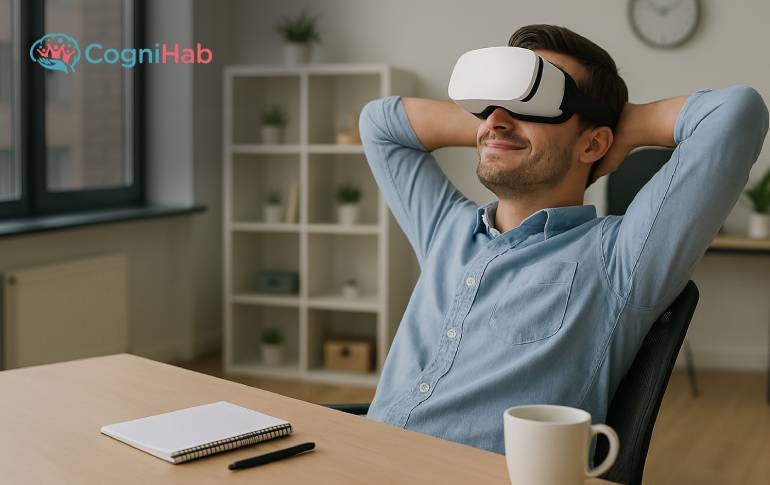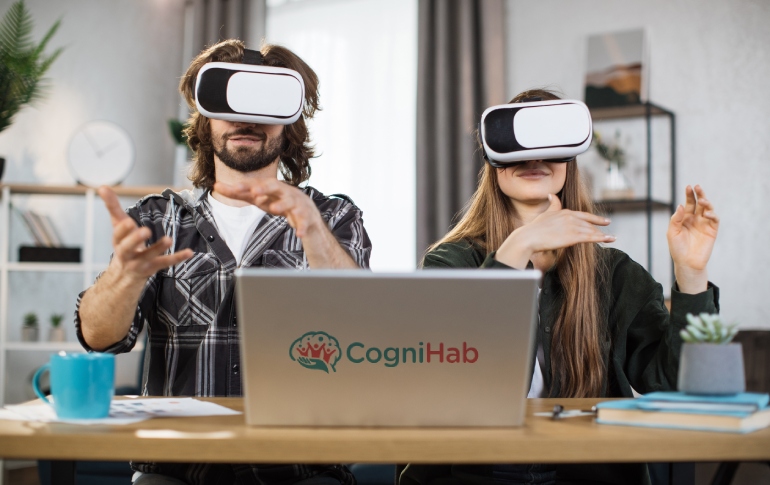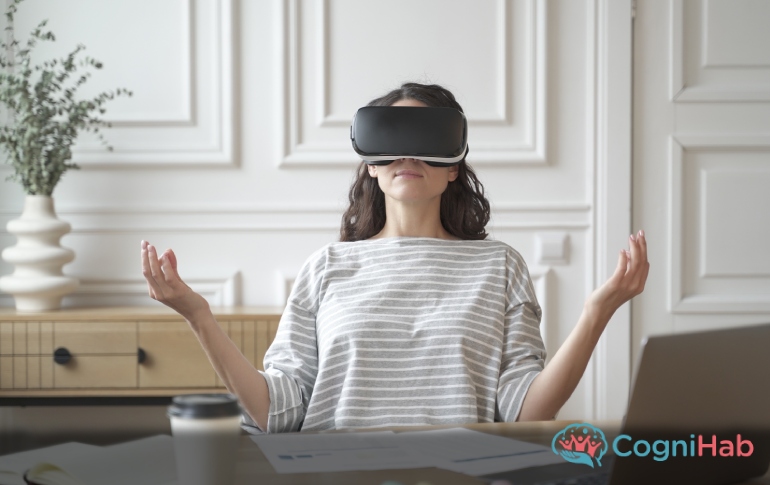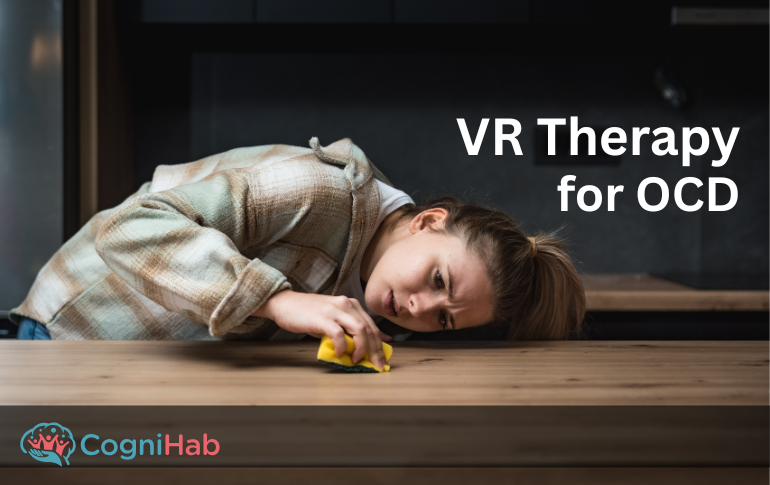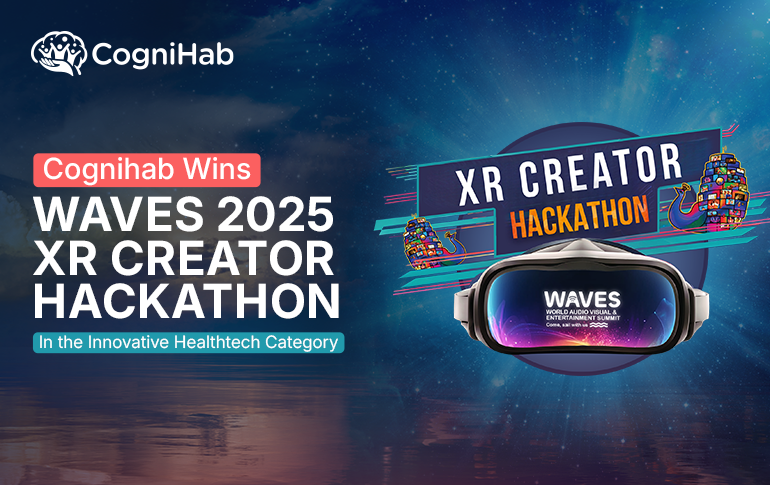How VR Keeps Employees Focused and Reduces Procrastination
Did you know that employees waste nearly two hours per day due to procrastination?
Delaying tasks may seem harmless at the moment, but it significantly impacts overall productivity, increases stress levels, and leads to missed deadlines.
What is Procrastination?
It’s not just laziness—it’s avoiding important tasks despite knowing the consequences.
Procrastination is often misunderstood as mere laziness, but in reality, it is the act of avoiding important tasks despite being fully aware of the negative consequences. It is a psychological challenge rather than a lack of effort or willpower.
The Problem with Procrastination
Procrastination creates multiple obstacles that affect workplace efficiency and career growth. Some of the biggest consequences include:
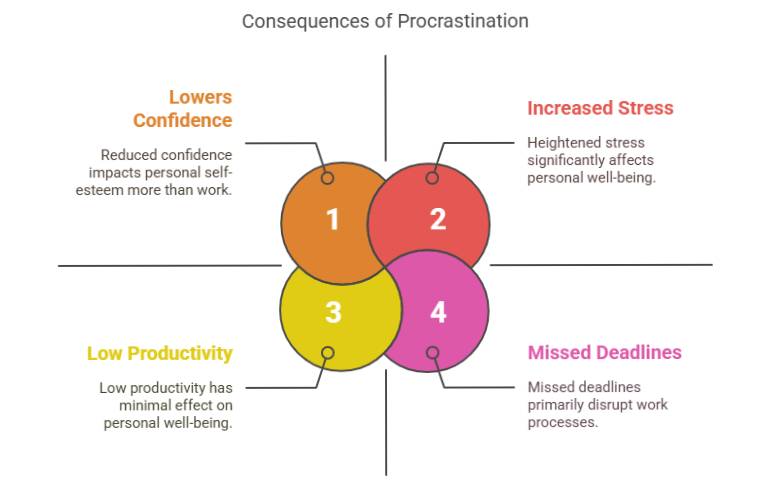
1. Low Productivity: Work tasks take longer to complete, leading to inefficiency.
2. Missed Deadlines: Delays in completing work can cause setbacks and workflow disruptions.
3.Increased Stress: The pressure of unfinished tasks builds anxiety and frustration.
4. Lowers Confidence: Constantly putting off tasks can make individuals doubt their abilities.
5. Decreases Job Satisfaction: Unfinished work leads to dissatisfaction and frustration with one’s job.
6. Creates a Negative Work Culture: When procrastination becomes common, it spreads a culture of inefficiency.
7. Reduces Career Growth: Missed opportunities and delays hinder professional advancement.
The Solution: Virtual Reality (VR)
VR to Overcome Procrastination is changing the game. Virtual Reality creates distraction-free workspaces that boost focus. This article explores how VR helps overcome procrastination at work and improves focus.
The Psychology Behind Procrastination
Procrastination is not just poor time management - it's a psychological battle. Our brains naturally prefer instant rewards over long-term benefits. This makes work projects easy to postpone because their rewards come later.
Common Psychological Triggers
1. Fear: Many people delay tasks because they're afraid of failing. For perfectionists, this is especially true. They often wait for the "perfect time" that never actually comes.
2. Decision fatigue: When tasks feel too big or unclear, our brains get overwhelmed. Avoidance feels easier than starting something difficult.
3. Emotions like stress and boredom: Procrastination becomes a way to cope with these uncomfortable feelings. It's not about being lazy - it's about managing emotions.
Understanding these mental blocks is crucial in overcoming procrastination. Recognizing emotional triggers, addressing perfectionism, and breaking tasks into smaller, manageable steps can help individuals stay focused and motivated.
Common Causes & Triggers of Workplace Procrastination
People procrastinate for various reasons, including fear of failure, perfectionism, lack of motivation, distractions, or feeling overwhelmed by tasks. These factors create mental roadblocks that make starting or completing work difficult, leading to delays and reduced productivity.
1. Digital Distractions: Emails, social media, and instant messaging create continuous interruptions, making it difficult to maintain deep focus on tasks.
2. Lack of Motivation: Employees stuck in repetitive work cycles often struggle to find enthusiasm and drive.
3. Disorganized Workspaces: A cluttered environment leads to a cluttered mind, reducing the ability to concentrate effectively.
4. Feeling Overwhelmed: When tasks feel too big or complex, avoidance becomes a coping mechanism.
5. Negative Thinking Patterns: Self-doubt and anxiety can create a mental barrier to starting or completing tasks.
How VR can Overcome Procrastination at Work
VR creates immersive and distraction-free workspaces that enhance focus and accountability. It improves motivation, time management, and collaboration while reducing procrastination and stress.
1. Stress-Relief Environments: VR can transport users to calming, peaceful environments, such as nature scenes or serene landscapes. These immersive experiences help lower stress levels, making it easier to focus on tasks and reduce the tendency to procrastinate due to anxiety or overwhelm.
2. Guided Meditation and Relaxation: Many VR platforms offer guided meditation and relaxation sessions. These VR experiences can help individuals calm their mind, reduce anxiety, and restore mental clarity, which, in turn, encourages productivity and reduces the likelihood of procrastination.
3. Mindfulness Training in VR: VR is a powerful tool for practicing mindfulness techniques. By teaching users to stay present and focused, VR can help individuals manage stress, enhance concentration, and combat the urge to avoid or delay important tasks.
4. Physical Relaxation through VR: Some VR experiences incorporate gentle exercises, such as deep breathing or stretching, which can help alleviate physical tension and stress. By relaxing the body, users can feel more at ease and ready to take on their tasks without delay.
5. Virtual Stress Management Programs: VR can offer interactive stress management programs that teach practical techniques for handling stress in high-pressure situations. By reducing the stress that often causes procrastination, users can feel more empowered and motivated to tackle tasks.
6. Safe Space for Emotional Release: VR can offer a controlled environment for emotional expression, helping users release pent-up frustration or anxiety. This emotional release can clear the mind and make it easier to focus on tasks, reducing the procrastination caused by overwhelming emotions.
7. Escaping Negative Thought Cycles: VR can help break the cycle of negative thinking that often fuels procrastination. By guiding users through positive, stress-reducing experiences, VR helps individuals shift their focus from feelings of dread or inadequacy to a calmer, more productive mindset.
The Science Behind VR & Focus
Scientific studies highlight VR’s effectiveness in improving concentration and work efficiency. Research from Stanford University found that employees using VR for work completed tasks 27% faster than those in traditional office settings.
Additionally, VR positively impacts brain chemistry. It boosts dopamine levels, increasing motivation and reinforcing reward-based learning. This makes employees more likely to stay engaged and productive
Neurological Impact
- Reduces Cortisol (Stress Hormone): VR lowers stress levels, promoting a calmer and more focused mind.
- Enhances Neural Pathways for Focus: Regular use of VR strengthens the brain's ability to maintain sustained attention.
Best VR Application to Beat Procrastination
The best VR applications to beat procrastination provide immersive, distraction-free environments that help users focus, reduce stress, and stay motivated to complete tasks.
Cognihab VR Workplace Meditation:- Cognihab is an effective tool for reducing procrastination, offering immersive experiences that enhance focus and reduce stress.
Conclusion
Virtual Reality is transforming workplace productivity by eliminating distractions and reducing procrastination. With immersive, stress-free environments, VR helps employees stay focused, motivated, and efficient. As research continues to highlight its benefits, VR is proving to be a powerful tool for enhancing concentration and boosting workplace performance.


